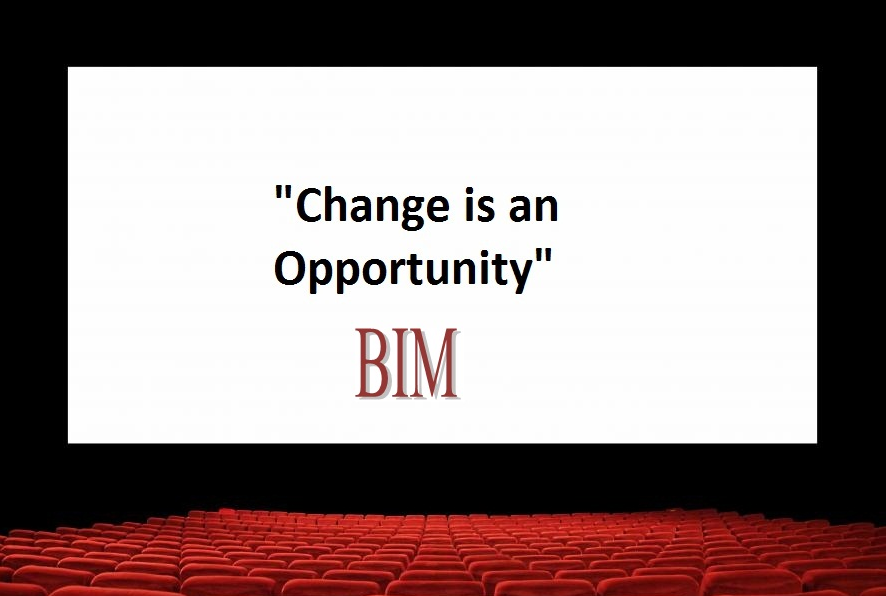Transforming to BIM is A Change in Mindset
While years ago people considered BIM as a technology or merely a piece of software to be implemented, now the perception has changed dramatically that BIM is a method of sharing data and risk controller for them. All areas and all people related to the construction industry are bound inextricably together into a BIM pipe now, as BIM model is a financial model for the client, a construction model for the design team and a facilities management model for the owner.
According to The National Building Information Model Standard Project Committee:
“BIM is a shared knowledge resource for information about a facility forming a reliable basis for decisions during its life circles.”
BIM Not Just a Software:
Building Information Modeling, which is a digital representation of physical and functional characteristics of a facility, is not a mere software package. Instead, it is a change of mindset as well as a change which involves new ways of working. As BIM is about having accurate information in one place in a useable format, people are able to access it and use it when required. Adopting a BIM mindset and approach, you can save time and costs along with improving efficiency and safety. Even though these are well published on a new building project, you can reap rewards from BIM, even if you don’t plan a construction project at the moment.
An Advanced Computer Aided Design:
While some users use BIM systems as advanced Computer Aided Design (CAD), it as a series of models for distinct elements of a project for others. Thus, BIM mindset can achieve cost savings and ultimately include integrated cost modeling, facilities management and construction sequencing capabilities.
Different Maturity Levels of BIM:
While defining the various maturity levels of BIM, the concepts of 4D, 5D and 6D are used to indicate the elements and benefits of increasingly complex BIM models. BIM has a wide spectrum of possible uses on construction projects. If BIM mindset is used by architects and engineers to produce better quality design documents, contractors use it to create models for estimating, fabricating or simulating construction without sharing the models. BIM provides a collaborative framework among all project parties that allows the free-flow of data design and construction. The full advantage of BIM capabilities is got by the collaborative use of BIM.
BIM mindset, which includes the planning, the drawings, the specification, the quantities and the scheduling required to make a building reality, is actually the blueprint for the building, the embodiment of the design and the contractual currency for execution. BIM mindset with the advanced digitization opens a new world of opportunity.
